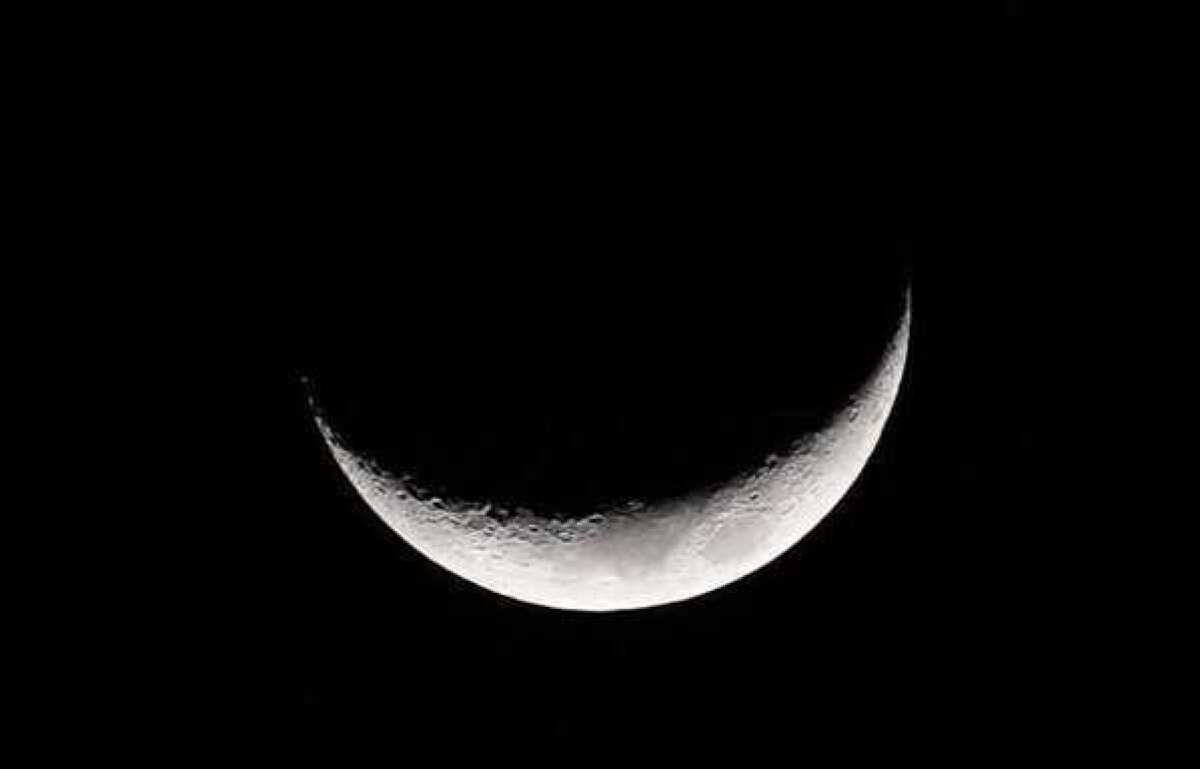Sleepwalking: More common than you might think

Ever sleep-walked? I have. At the age of 12, I woke up to find myself in a bedroom where a visiting kid was staying over, my head gently resting on the foot of the bed. I got up, snuck back to my bedroom and kept it to myself. It was weird and a little embarrassing.
On other occasions as a child, I woke -- well, half-woke -- in the wee hours and stumbled about the house talking to myself, waking everybody up and just generally causing a ruckus, not fully conscious. It was all to do with a recurrent nightmare involving frighteningly huge numbers, and I am not sure whether to blame the “Million Book” filled with 1 million Xs in my grade school classroom or having two math-loving brothers and a mathematician dad.
I’m far from alone, it appears. In a paper entitled “Prevalence and Comorbidity of Nocturnal Wandering in the U.S. Adult General Population,” researchers report that fully 29% of adults have had episodes of sleepwalking at some point in their lives and 3.6% of them report having done so in the last year. Adult sleepwalking is far less common than childhood sleepwalking, but the numbers still show that “sleepwalking is much more prevalent in adults than previously appreciated,” the authors write.
The survey was conducted by a team led by Dr. Maurice Ohayon of the Stanford University School of Medicine and involved phone interviews with a nationally representative sample of more than 19,000 adults from 15 states. It’s the first such U.S. survey in three decades, the authors say.
Other facts from the survey, which was reported in the journal Neurology:
--1% of those interviewed said they sleepwalked two or more times a month.
--Depression was associated with a 3.5-times-higher rate of sleepwalking.
--Alcoholism, obsessive compulsive disorder and use of SSRI antidepressants were also linked to a higher rate of sleepwalking. The scientists don’t know if medical conditions or SSRIs cause the sleepwalking episodes or if it’s the other way around.
--Men and women appear to sleepwalk at similar rates.
--Sleepwalking, as other studies have found, often runs in families.
--Those with other sleep disorders such as circadian rhythm sleep disorders, obstructive sleep apnea and insomnia seem more prone to sleepwalking.
Consciousness is a curious thing: There obviously are various states between being fully awake and fast asleep. I once dreamed I was trying to cook a turkey on a reality TV show (and ended up roasting a turkey-shaped oven glove) only to wake and find the TV was airing an episode of Iron Chef featuring turkey as the secret ingredient. An acquaintance, meanwhile, would regularly rouse in the night to inform others that “it was time to get off the bus” or to shout out such gibberish as “The socks! The socks!”
It gets more bizarre when medications enter the mix. A pal, who shall not be named, takes sleeping pills. She once told of the time she awoke at the house of friends where she was staying to find her clothes covered with chocolate sauce. She went downstairs to the kitchen, where her friends were sitting having breakfast, and asked if they had had a food fight or something the night before. Turns out she had raided the fridge while asleep and pretty much trashed the kitchen.
Here’s the Neurology paper (you’ll have to pay to read the whole thing) and a Stanford press release about the survey.
And here are some interesting links about sleepwalking at the National Institutes of Health and the National Sleep Foundation.
Feel free to relate your own odd sleep experiences in the comments below.



